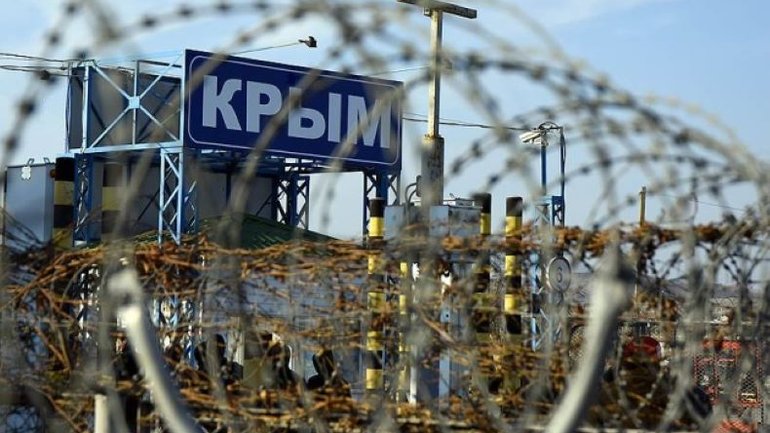Denisova reacted to the court's refusal to appeal to the mother of the person involved in the Hizb ut-Tahrir case

This is reported by the media outlet Krym.Realii.
"Russia continues to persecute and suppress the civil activity of residents of the temporarily occupied Crimea. In particular, the occupying country violates the rights of Crimean Tatars to freedom of peaceful assembly under Article 11 of the Convention for the Protection of Human Rights and Fundamental freedoms, Article 20 of the Universal Declaration of human rights and Article 21 of the International Covenant on Civil and Political Rights," Denisova wrote on her Facebook page.
She also called on the international community to "demonstrate its concern for the fate of Ukrainian citizens illegally imprisoned in Russia and not stop exerting pressure to release them."
On August 2, the Russian-controlled Supreme Court of Crimea rejected the appeal of Emine Abdulganieva, the mother of Eskender Abdulganiev, a convicted person involved in the criminal case of the Red Guard group Hizb ut-Tahrir, leaving in force a fine of 10 thousand rubles issued for a single picket in support of her son.
Earlier, the Russian-controlled Supreme Court of Crimea rejected an appeal against the mothers of Crimeans Arsen Abhairov and Rustem Emiruseinov who were previously fined for participating in single pickets.
On October 31, 2020, the mother of Eskender Abdulganiev, a person involved in the Red Guard Hizb ut-Tahrir case, Emine, went on a single picket with a placard "my son is not a terrorist".
On November 3, 2020, the Southern District Military Court in Rostov-on-Don, Russia, sentenced three defendants in the Red Guard "Hizb ut-Tahrir case" to an overall term of 42 years in prison. So, Rustem Emiruseinov was given 17 years to serve the first two years in prison, the rest of it under a strict regime. Arsen Abhairov was convicted for 13 years, serving the first two years in prison. Eskender Abdulganiev was convicted for 12 years, also serving his sentence in prison for the first two years.
Crimean "Hizb ut-Tahrir cases"
Representatives of the International Islamic political organization Hizb ut-Tahrir call it their mission to unite all Muslim countries in an Islamic caliphate, but they reject terrorist methods to achieve this and say that they are being unfairly persecuted in Russia and in the Crimea occupied by it in 2014. The Supreme Court of Russia banned Hizb ut-Tahrir in 2003, including it in the list of associations called "terrorist".
Defenders of Crimeans arrested and convicted in the "Hizb ut-Tahrir case" consider their persecution motivated on religious grounds. The lawyers note that those prosecuted in this case by Russian law enforcement agencies are mainly Crimean Tatars, as well as Ukrainians, Russians, Tajiks, Azerbaijanis and Crimeans of other ethnic origins who profess Islam. International law prohibits the introduction of legislation of the occupying state in the occupied territory.









